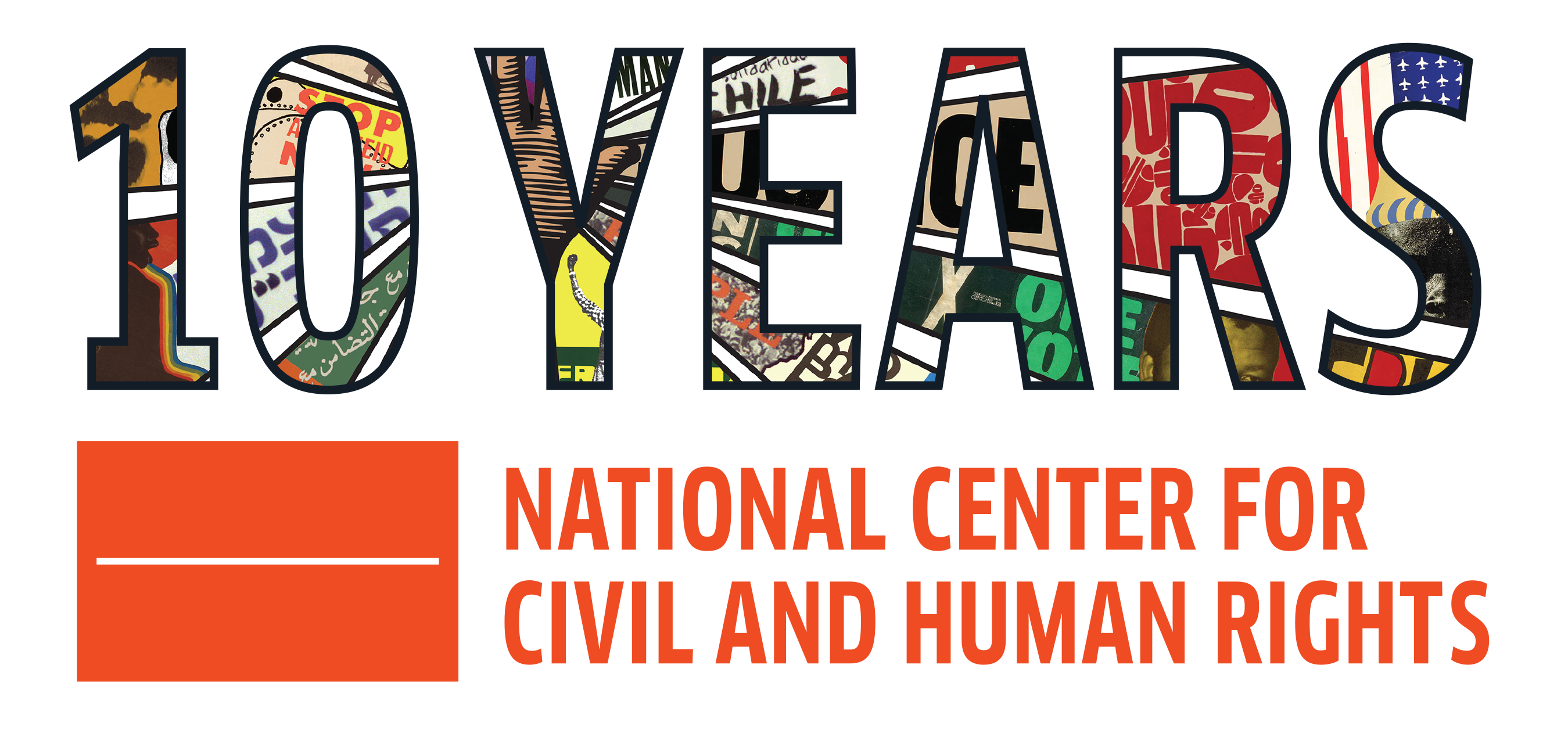Eleanor Roosevelt: More Than A First Lady
Eleanor Roosevelt, born into New York’s aristocracy, became an advocate for justice after working in tenements as a young woman, and guiding America through the Great Depression and World War II as First Lady.
She led in the creation of the Universal Declaration of Human Rights, “UDHR”—the “bill of rights” for humankind that launched the modern human rights movement.
Despite being born into a life of privilege, Eleanor Roosevelt always felt like an outsider.
After a boarding school education in London, Roosevelt had hoped to go to college and become a teacher, however, her family forbade her. Instead, she served needy families on New York City’s Lower East Side, mentored by women in the settlement house movement who taught her how to confront issues like poverty, protecting workers, and equity in education.
Roosevelt married her distant cousin Franklin Delano Roosevelt, “FDR,” in 1905. As FDR ascended in his political career—through elected and appointed offices of increasing influence—Eleanor Roosevelt honed her skills as an organizer, especially for women’s rights, labor and racial justice.
When the Roosevelt’s entered the White House during the Great Depression, Eleanor Roosevelt helped shape the New Deal to ensure a social safety net for a destitute nation, fought for refugees escaping Nazism to receive protection in America, and forcefully lobbied her husband on racial justice issues.
After her husband’s death, Eleanor Roosevelt launched an entirely new career, leading the effort at the United Nations to create the Universal Declaration of Human Rights, which outlined a standard of basic human dignity that all governments are obligated to protect. In a masterstroke of diplomacy at the start of the Cold War, Eleanor Roosevelt ensured that the UDHR included civil and political rights as well as social and economic rights.
Throughout her life, Eleanor Roosevelt worked tirelessly for racial justice for African Americans. She served on the board of directors of the NAACP and was the first donor to the Student Nonviolent Coordinating Committee. When she died, Dr. Martin Luther King, Jr., wrote to Eleanor Roosevelt’s family that “her life was one of the bright interludes in the troubled history of mankind.”
Learn more about Eleanor Roosevelt and other Fearless Women at The Center. Plan your visit today and experience how we’re more than a museum.

